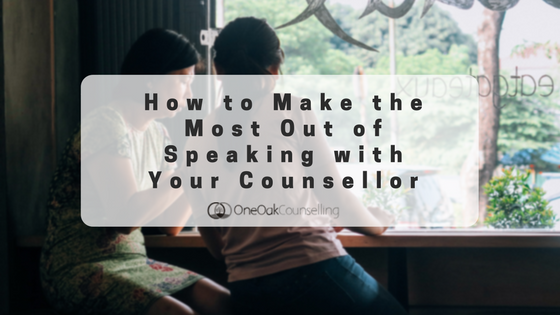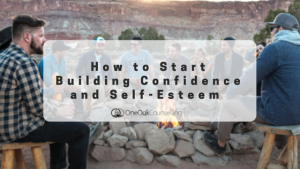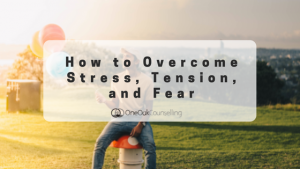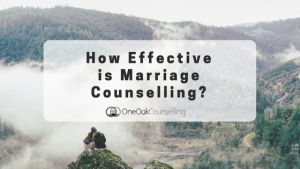Speaking with a counsellor can be one of the best decisions you ever make for yourself
in regards to your mental health. Attending therapy can improve your mood, mental health, and overall quality of life. Well, that’s what you’ve been told.
In reality, the benefits of counselling rely on mostly on one thing: you.
Before speaking with your counsellor, you’ll want to understand what it takes to maximize each session. The article below explains three ways you can maximize each session with your counsellor. Following these tips can help bring you closer to healing.
Know that they are here to help you
Opening up and sharing your true feelings with someone requires a lot of effort. When it comes to speaking with a stranger this could prove to be even tougher for some folks. You might think that they are criticizing you, but that’s simply not true.
Your counsellor goes through plenty of education and training, which ensures that they are patient, gentle and non-judgemental. Remember that your counsellor is empathetic, and that they are here to help you.
There’s no doubt that learning to accept this fact will take time – you don’t have to be an open book from the very first session. Share what you are most comfortable with as your counsellor begins to earn your trust.
Your counsellor creates a safe space for you to share your worries and concerns. They are there to listen to you and provide input when needed. Your counsellor can help you heal from past hurts, and build you into a stronger person.
To make the most out of speaking with your counsellor, you will need to understand that they are here to help you.
Tell them what is bothering you
If something is bothering you, your counsellor needs to know. There is nothing to be ashamed of – you are in a safe space created just for you. When you start telling your counsellor what is wrong, it lets them create a program tailored specifically for you.
When your counsellor knows about what is bothering you, then you are more likely to heal from that specific problem. The results of your counselling sessions weigh heavily on your willingness to share. Imagine a counsellor giving you general advice: eat more, exercise more, socialize more. Not so helpful, right?
To avoid a cookie cutter approach and action plan, your counsellor will need more information. Counsellors do a great job of finding your underlying problems, but the success of each treatment relies heavily on what they know.
If you want to make the most out of your counselling sessions, you will need to open up when needed. It’s understandable if you don’t want to open up right away. Just know that your counsellor is here to help you.
You can lead a thirsty horse to water, but you can’t make it drink. If you willingly accept help, then you are a step closer to healing.
Make an action plan
To get to where you want to be, you need to know how to get there. You also need to know where your final destination is going to be. Do you want to be happier? Do you want to be able to speak to large groups of people?
Think of the healing process as a journey that requires some navigation. Take out your phone and look for the directions to your favourite restaurant.
Turn left here, continue 3 kilometres, turn right…
Now think of your destination. If you are looking for happiness, create a path that will lead you to happiness.
Attend counselling today, cook dinner for the family, have a good night’s sleep…
What you’ll be doing is setting markers for change. Outlining a path creates an action plan that you can follow. You’ll be able to track and share your progress with your counsellor. An action plan helps both you and your counsellor understand your situation and current status.
Creating an action plan is a natural way to set goals and achievements for yourself.
As you progress further along the path to healing, you’ll begin to realize the benefits of speaking with your counsellor. There may be times when you feel like you’re lost. The added guidance of a counsellor will ensure you’re following the path you’ve set for yourself.
Conclusion
Making the most out of your counselling sessions will require effort. Your counsellor can only help you if you want to be helped. In the beginning, the biggest hurdle you’ll need to face is to understand that they are here to help you. This is the key to opening up and sharing what is truly bothering you. This will help you and your counsellor create an action plan that you can take towards healing.
Looking for guidance or advice about working with your counsellor? You can contact us through the form below. If you prefer to speak over the phone, we’re just a dial away!
Remember that your counsellor should make your mental health a priority.






